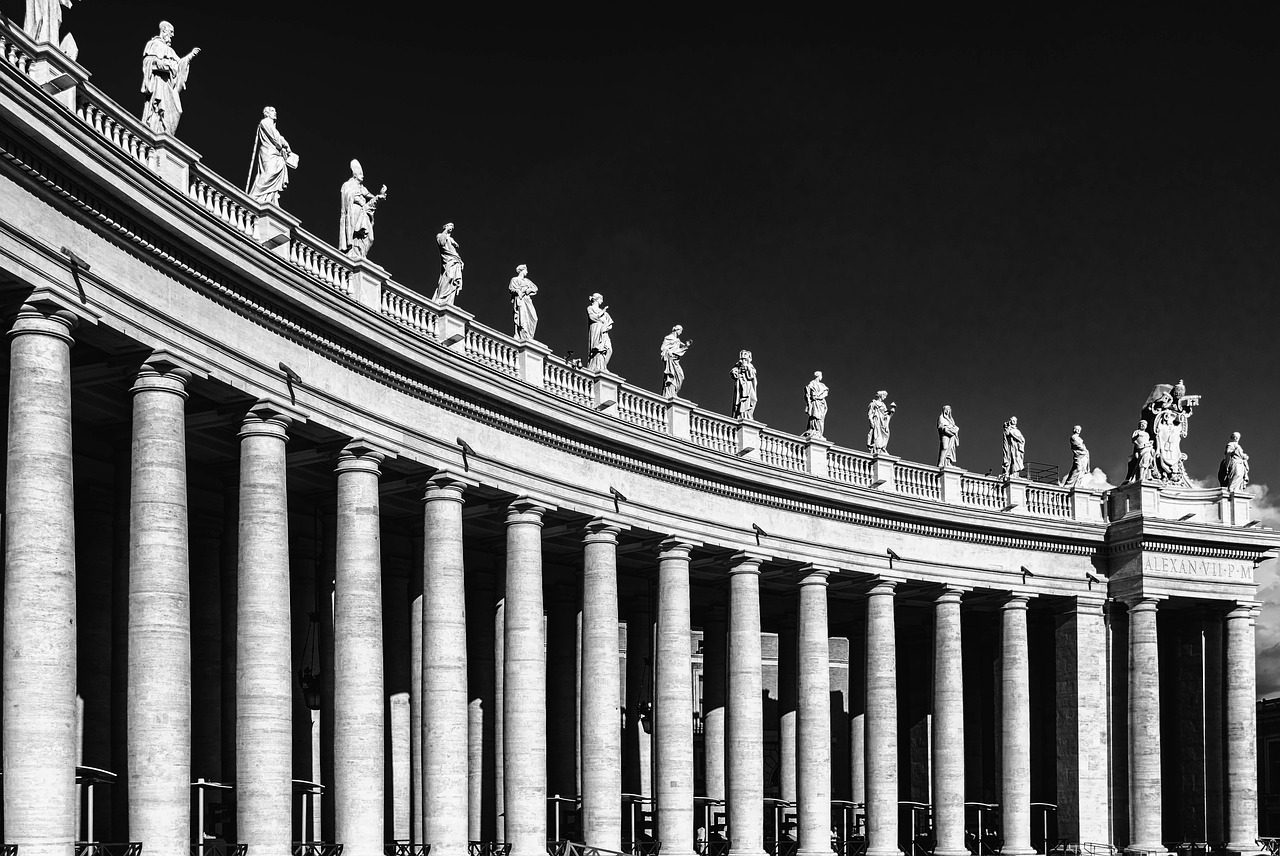Overview of Roman Religion
Roman religion encompasses the beliefs and practices of the people inhabiting the Italian peninsula from ancient times until Christianity’s rise in the 4th century CE, a period termed Classical antiquity. Cicero, a prominent orator and politician, highlighted that Romans perceived their unique wisdom in recognizing that all things are governed by divine forces.
Unlike many religious systems that rely on divine grace, Roman spirituality was rooted in the concept of mutual trust (fides) between humans and the divine. Its primary aim was to ensure the gods’ cooperation, kindness, and a state of divine peace or “pax deorum.” Romans held a belief that securing this divine favor would empower them to navigate the unknown and often fearful forces of nature, thus enabling a successful life.
Characteristics of Roman Religious Practices
The legal principles of Roman religion, known as jus divinum (divine law), outlined particular rituals to be followed. For a significant period, these rules held little moral significance; they primarily dictated the proper performance of ceremonies. Roman religious practices were largely ceremonial and deeply ingrained, reflecting a sense of patriotism. The meticulous nature of these rituals was so intense that, when stripped of later additions, they reveal fragments of ancient thought. This aspect illustrates a contrast with Greek religious practice, where the remnants of early beliefs tend to be more obscured.
Early Greek thinkers already had complex and innovative views of gods and their relationships with humanity, while the Romans, with their organized and legalistic approach, maintained their primitive practices longer. Initially, they did not attribute human-like qualities or mythology to their deities; such characteristics became evident later, influenced by Greek culture.
The Nature of Roman Mythology
Although there are elements of mythology from the ancient Etruscan region, Roman mythology is sparse. The Roman narratives that exist often represent adapted Greek myths, disguising their national and familial stories in borrowed mythical elements. Roman religion lacked a formal creed; consequently, individuals had the freedom to contemplate the gods as they wished, often regarding emotions as inappropriate in their devotions.
Despite the presence of ancient characteristics in their rituals, scholars find it challenging to trace the development of Roman religion accurately. The primary literary resources stem from antiquarians of the 1st century BCE, such as Varro and Verrius Flaccus, who explored Roman beliefs long after their inception. This gap led to the creation of an idealized and sometimes inaccurate portrayal of early Roman spirituality due to the influx of Greek myths and methodologies. To gather additional insight, researchers investigate religious calendars, inscriptions, and the rich, albeit cryptic, offerings from the realms of coins, medals, and artistic representations.
Insights from Archaeological Findings
The archaeological evidence from early Roman history, specifically from the 1st millennium BCE, suggests that agrarian communities, comprising Latin and Sabine peoples, settled in the region around Rome, potentially around the traditional founding date of 753 BCE. As early cities emerged on the Palatine and possibly on the Quirinal and Esquiline hills, these communities began to consolidate around the Forum Romanum, the heart of their social and market activities.
The Concept of Divine Functions
The early Romans, akin to various other Italian cultures, occasionally perceived divinity as manifesting through specific human actions or natural phenomena, such as childbirth or the steering of cosmic events. They revered these forces, sometimes attributing sanctity to unique extraordinary occurrences, like a profound voice that provided guidance in times of need. This form of “religious atomism” led them to create a multitude of deities, each associated with particular aspects of life, reflecting their profound respect for the myriad functions they believed operated within their daily experiences.
The names and titles assigned to these deities were crucial; proper invocation was key to gaining their attention. Often, it was deemed prudent to acknowledge an “unknown” god or phrase requests in a manner that ensured inclusivity, demonstrating their approach to the divine as both specific and expansive.



